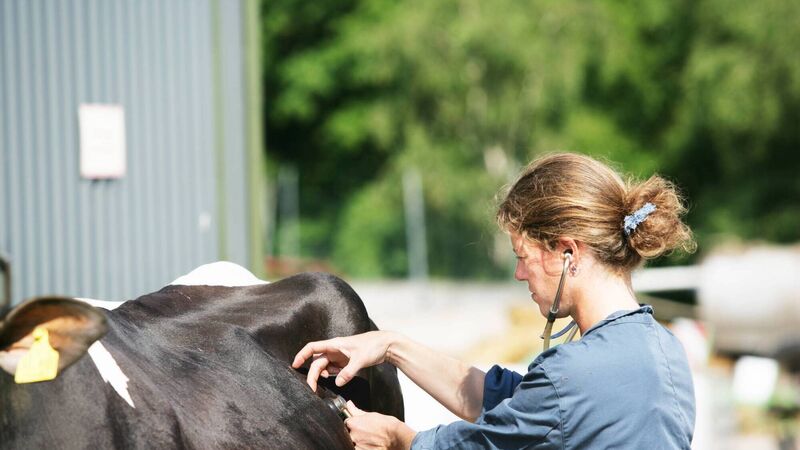Herd health planning is essential to help farmers reduce risks to animals

The first step is to investigate the herd health status of the animals on your farm. Pictire: iStock
Poor animal health leads to reduced animal performance, increased veterinary costs and reduces profits.
A herd health plan prepared by the farmer in conjunction with their vet is a vital component in ensuring good animal health status of your animals. The plan outlines the approach in place on the farm to prevent various diseases and animal health issues.
It’s much easier to sit down with your vet and prepare a proper herd health than try to address herd health issues when they have taken hold on the farm.
Step 1 is to investigate the herd health status of the animals on your farm.
Consult your vet on this as they will be aware of the main health problems on your farm and of the level of occurrence and will also be best placed to outline a plan to reduce the occurrence or prevent further problems.
Also, look at the level of performance of your herd.
Poor performance may be a result of underlining health problems.
Step 2 prevent disease introduction. Operate a closed herd is possible. Also, protect your boundaries.
If you must buy in animals collect the herd health history beforehand if possible and test incoming animals. When you bring purchased animals onto your farm the animals should be quarantined for up to 30 days or until the test results are clear. You should then carry out your normal dosing and vaccination procedure on the bought-in animals unless you know they were vaccinated/ dosed recently.
Step3is about reducing disease spread. As a part of your herd health plan, a farm-specific vaccination programme should be implemented. Prevention is better than cure after all. Vaccination against leptospirosis prevents disease spread before the peak period of transmission, which is at pasture.
Protection is required before the breeding season not during it.
Step4is to monitor your control programme and herd health plan. Stock should be herded regularly, problems detected early can vastly increase the chances of animal survival. Monitor records to detect changes in animal performance that may be brought about by health problems.
For a herd health plan to be successful, it should be reviewed regularly as required, by the vet and farmer and should not just be a once-off document.
The plan should detail vaccination and dosing protocols on the farm. It should also identify the timing of the treatments.


